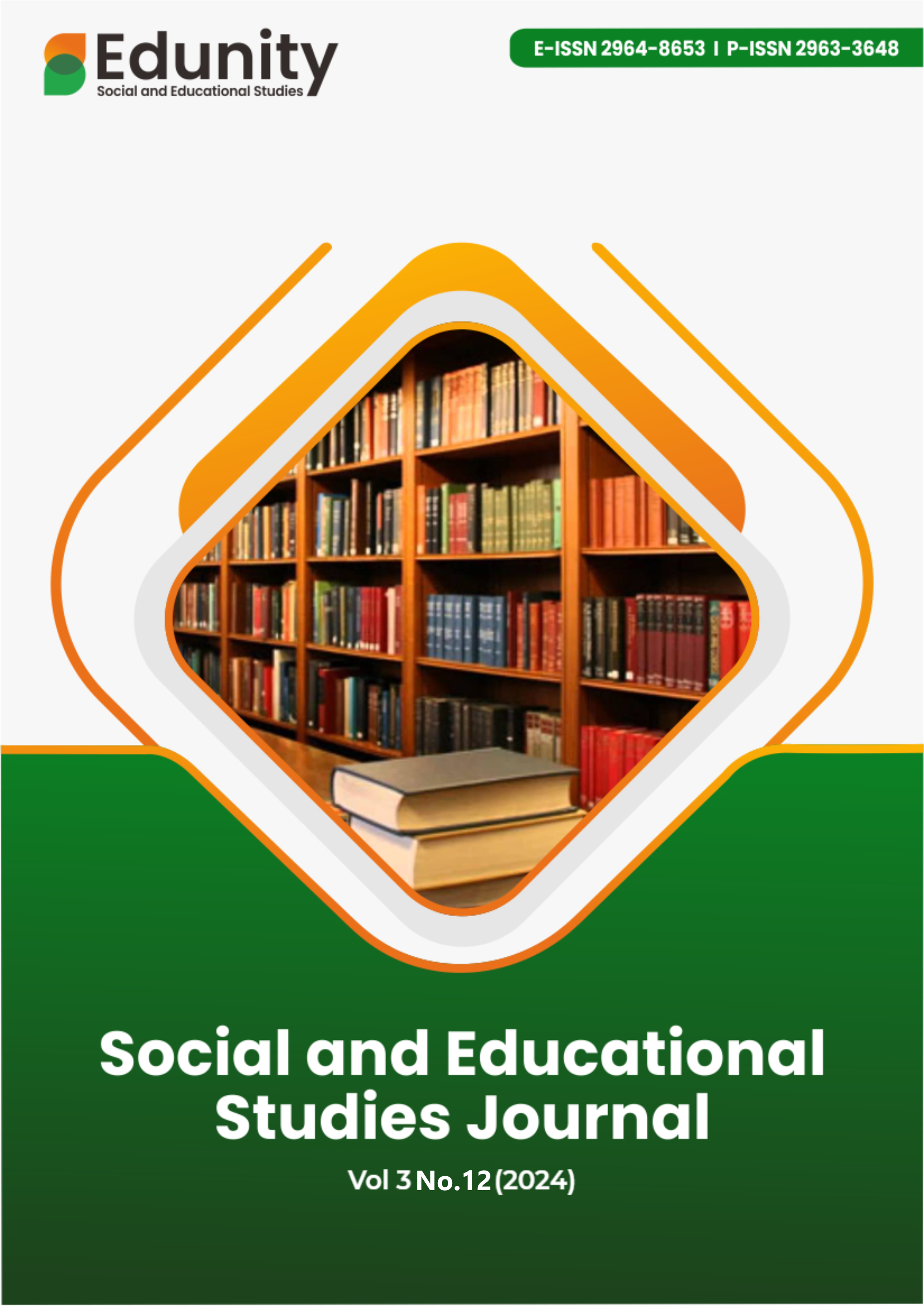The Role of GRIT on Subjective Well-Being in Adolescents
DOI:
https://doi.org/10.57096/edunity.v3i12.353Keywords:
GRIT, subjective well-being, adolescentsAbstract
The prevalence of mental health issues among adolescents has become a significant concern, with subjective well-being playing a crucial role in their overall happiness. Understanding the factors that contribute to subjective well-being is essential, particularly in educational settings. This study aims to examine the impact of GRIT on the subjective well-being of adolescents, hypothesizing that higher levels of GRIT will be associated with improved subjective well-being. 300 adolescents participated in this study, with data collected through online questionnaires administered from October 20 to November 10, 2024. The analysis was conducted using linear regression to explore the relationship between GRIT and subjective well-being. The analysis revealed a significant positive correlation between GRIT and subjective well-being, with a coefficient of determination (R²) of 0.223. This indicates that GRIT accounts for 22.3% of the variance in subjective well-being, with a significant p-value of 0.040. The findings suggest that higher levels of GRIT positively influence the subjective well-being of adolescents. This underscores the importance of fostering GRIT in educational contexts to enhance students' overall happiness and life satisfaction.

Downloads
Published
Issue
Section
License
Copyright (c) 2024 zahra Salsabila, Sisca Eunique Gunawan, Rafif Verlantyno, Thalisa Kania Nugraha, Erik Wijaya

This work is licensed under a Creative Commons Attribution-ShareAlike 4.0 International License.
Authors who publish with this journal agree to the following terms:
- Authors retain copyright and grant the journal right of first publication with the work simultaneously licensed under aCreative Commons Attribution-ShareAlike 4.0 International (CC-BY-SA). that allows others to share the work with an acknowledgement of the work's authorship and initial publication in this journal.
- Authors are able to enter into separate, additional contractual arrangements for the non-exclusive distribution of the journal's published version of the work (e.g., post it to an institutional repository or publish it in a book), with an acknowledgement of its initial publication in this journal.
- Authors are permitted and encouraged to post their work online (e.g., in institutional repositories or on their website) prior to and during the submission process, as it can lead to productive exchanges, as well as earlier and greater citation of published work.







